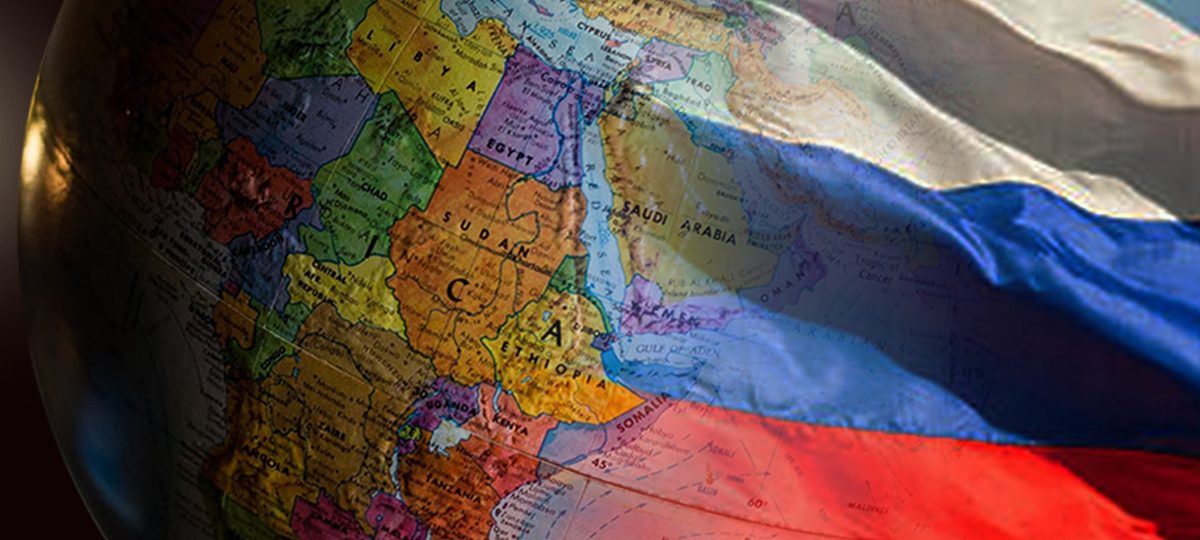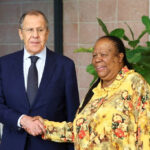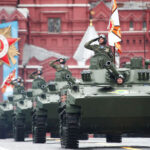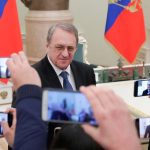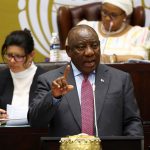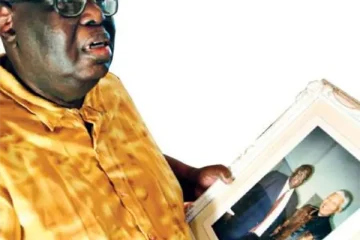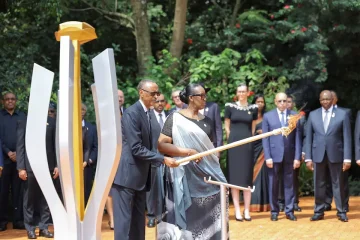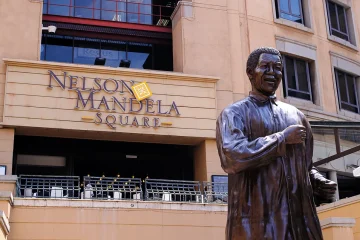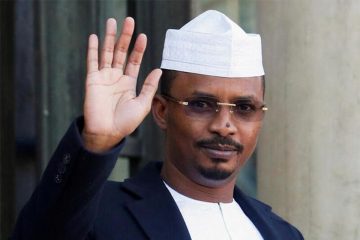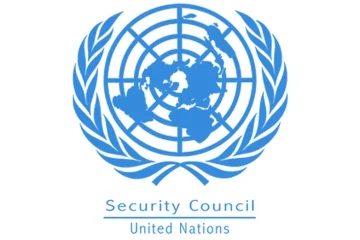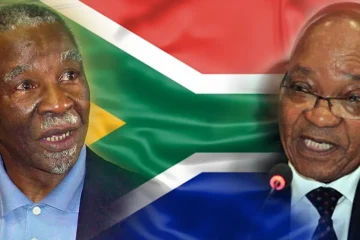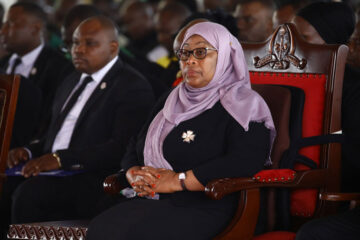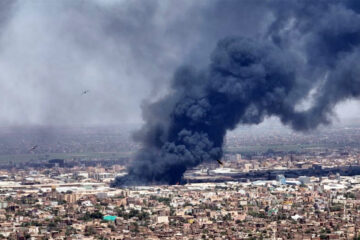RELATIONS between Russia and the African continent have always been cordial and mutually beneficial. This trend has stood the test of time and continues to this day.

Historically, Russia can pride itself in that it has never colonised Africa, not even an inch. When the West was involved in the “Scramble for Africa” between 1833 and 1914 when WWI broke out, the Soviet Union was assisting Africa’s liberation movements to win their battle against the “New Imperialism” of the time.
Although in 1970 only ten percent of the African continent was under formal European control, by 1914 the Western-led occupation of Africa stood at a whopping 90 percent. Liberia and Ethiopia were Africa’s only independent countries.
The Belgians, British, French, German, Italian, Portuguese and Spanish were the protagonists, nay, culprits that led initially to the so-called “informal imperialism” – characterised by military influence and economic dominance. When later in the 19th century the greed of the West grew more in aggression and uncontrollability, and Europe elected to go for “direct rule” over Africa and its peoples. In that way, they could ravage Africa, devouring the continent and bleeding it as they stole every metal and mineral and whisked them to their capitals across Europe. Scores of Africans were also killed in the ensuing wars of resistance, and some of them beheaded and their heads paraded as trophies in Europe by the self-proclaimed champions of civilization.
Through it all, Russia remained a trusted ally of Africa and the struggles of its people for emancipation and self-rule.
Particularly in Sub-Saharan Africa, the Soviet Union and later Russia played a pivotal role in the training and arming of the liberation movements that eventually defeated colonialism and apartheid in South Africa.
Notable beneficiaries of the closer ties with Moscow included SA’s African National Congress, whose military wing Umkhonto we Sizwe (MK) had their guerrillas trained by the Russian forces on Russian soil.
The MPLA OF Angola, SWAPO of Namibia, Frelimo of Mozambique and Zanu-PF of Zimbabwe retain very close ties with Russia to this day in honour and appreciation of the historical ties that resulted in freedom in all the countries.
The latter-day Russia-Africa Summit is a microcosm of the immense contribution of Russia to the overall liberation of Africa. The ties between the continent and Russia have been built on the solid foundation of mutual respect and trust, as well as brotherly love.
No wonder when Russia-Africa Summit first took place in 2019, no less than 40 African heads of state attended the gathering held in Sochi’s Sirius Park of Science and Art, a majestic venue for intellectual engagement. Also attending the summit were Africa’s major regional associations and organisations as well as representatives of major businesses.
Many mutually beneficial contracts were entered into at the end of the summit, between Russia and the continent and also among African nations themselves who took advantage of the enabling environment the Russians had created for constructive engagement.
In August this year, the third Russia-Africa Summit is scheduled to take place in St Pietersburg, the economic hub of the Russian Federation where President Putin is expected to welcome dozens of his African counterparts.
These direct engagements are particularly important in the wake of the rapidly-changing geopolitical landscape that is tilting away from the US hegemony.
The Ukraine conflict has altered global politics irreversibly. Among the permanent changes that will ensure that a post-Ukraine conflict international world order will bear the hallmarks of the demise of the US-led Western domination of global affairs is the de-dollarization of global trade.
When the US unleashed a barrage of unprecedented economic sanctions against Russia in the aftermath of the war in Ukraine, little did they notice that Russia had other plans. The plans were radical in nature. They included Russia’s demand and insistence on the sale of its gas and oil strictly in the Russian Rubble.
Since February 2022 when the broke out, more and more of the countries of the global south are opting to trade in their own national currencies when dealing in bilateral trade deals. The decline of the US dollar in global trade has tumbled from 70 percent before the war in Ukraine to 40 percent today, and continuing to fall.
This is a scenario Washington policy advisors could not have foreseen. Not even the much-hyped military and economic support of Kyiv has resulted in the desired outcome for the West. Instead, a steady rise in pessimism across the global north is noticeable. Prediction of social unrest, as inflation across the West rise and the cost of living becomes unbearable, is sure to topple one government after the other. The wave of Russophobia has not galvanised war-weary citizens in the Western capitals who are intolerant of protracted wars. Anticipation of a quick Russian collapse in the wake of unprecedented sanctions has not materialised. Uncertainty about the duration of the conflict – largely seen to be determined by the US which is unquestionably fighting a proxy war against Russia, is likely to trigger widespread sense of exasperation across the West.
An open-ended military and economic support of Ukraine by NATO countries that faces their own national challenges such as rising inflation and cost of living is simply bad news for the war-mongers in the west.
Attempts to coerce African nations and the entire global south to enforce the US-led NATO sanctions against Russia has failed to materialise largely because of Russia’s trusted multilateral relations with Africa and the global south.
The non-aligned stance of countries such as South Africa, the rapidly-rising influence of BRICS in geopolitics and the likelihood of enrolment of at least five new member-states to the existing five members of BRICS at the bloc’s August summit to be held in SA, is testimony to the certain changes in world affairs.
The stranglehold that the West has held on the world’s poorer nations, the discriminatory nature of the wealthy states against the poor, the glaring double standards in the application of international law – all these are fundamental causes of a shift towards a new world order. The reconfiguration of the international world order, the making of the new global architecture, cannot be ignored, or overlooked anymore.
When the new architecture has been finally re-drawn and re-modelled, it will have the visible hallmarks of President Putin and the Russian Federation and their brave confrontation of the US hegemony in global affairs.
The continuing intense Russia-Africa Summits are some of the key building blogs of a new world order in which Africa will become a major player in the determination and direction of multilateralism.
And, as was the case prior to the end of the Cold War and the collapse of the Soviet Union at the turn of the 1990s, Russia will once against the rise to the position of one of the world’s superpowers. Russia’s status as a leading nuclear power positions it well and truly as a force not to be pushed around by the combined might of NATO, the US and the EU. International relations are undergoing major changes. Only the blind cannot see but hopefully, they can hear. History is in the making. Watch this space.

